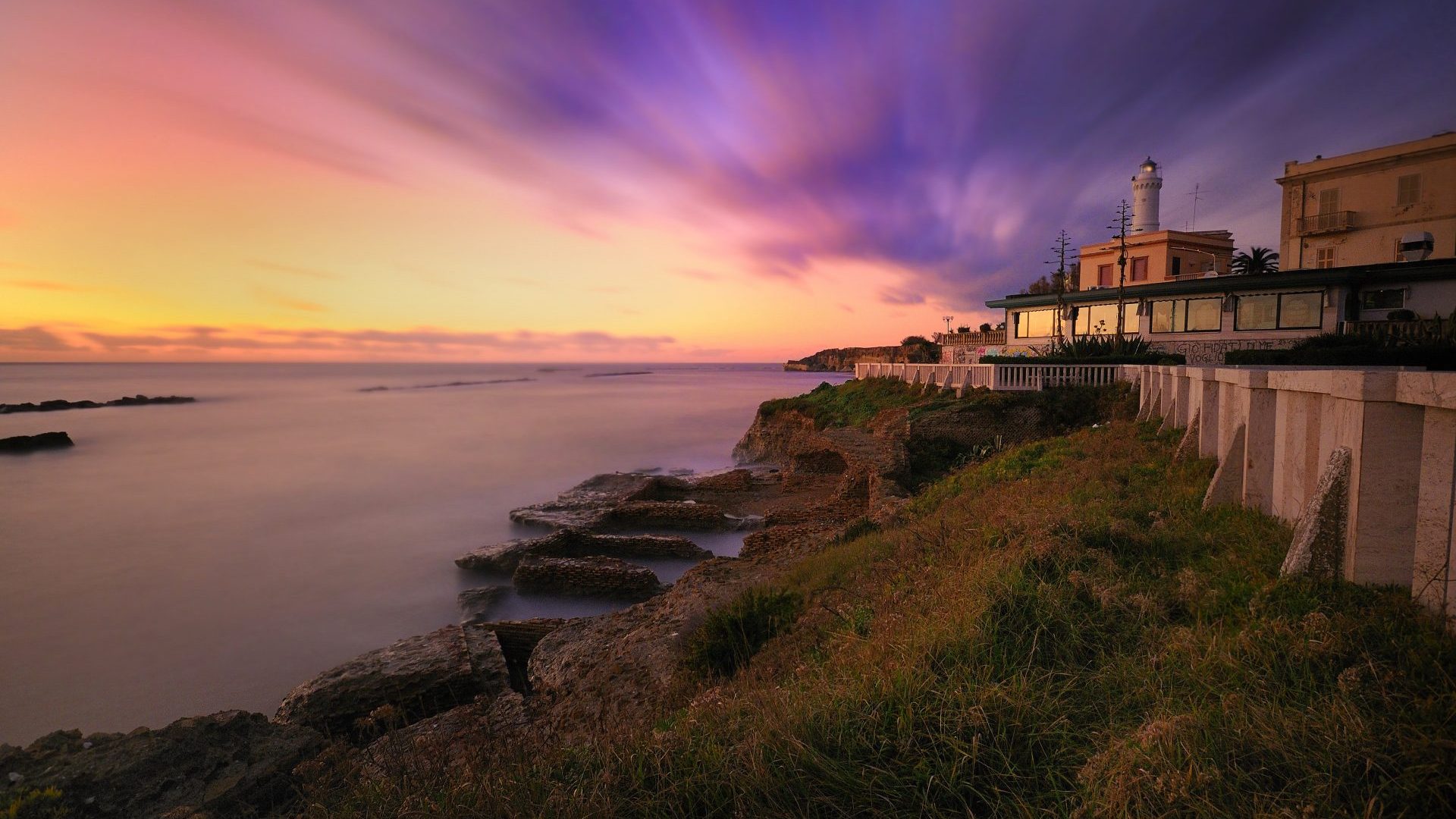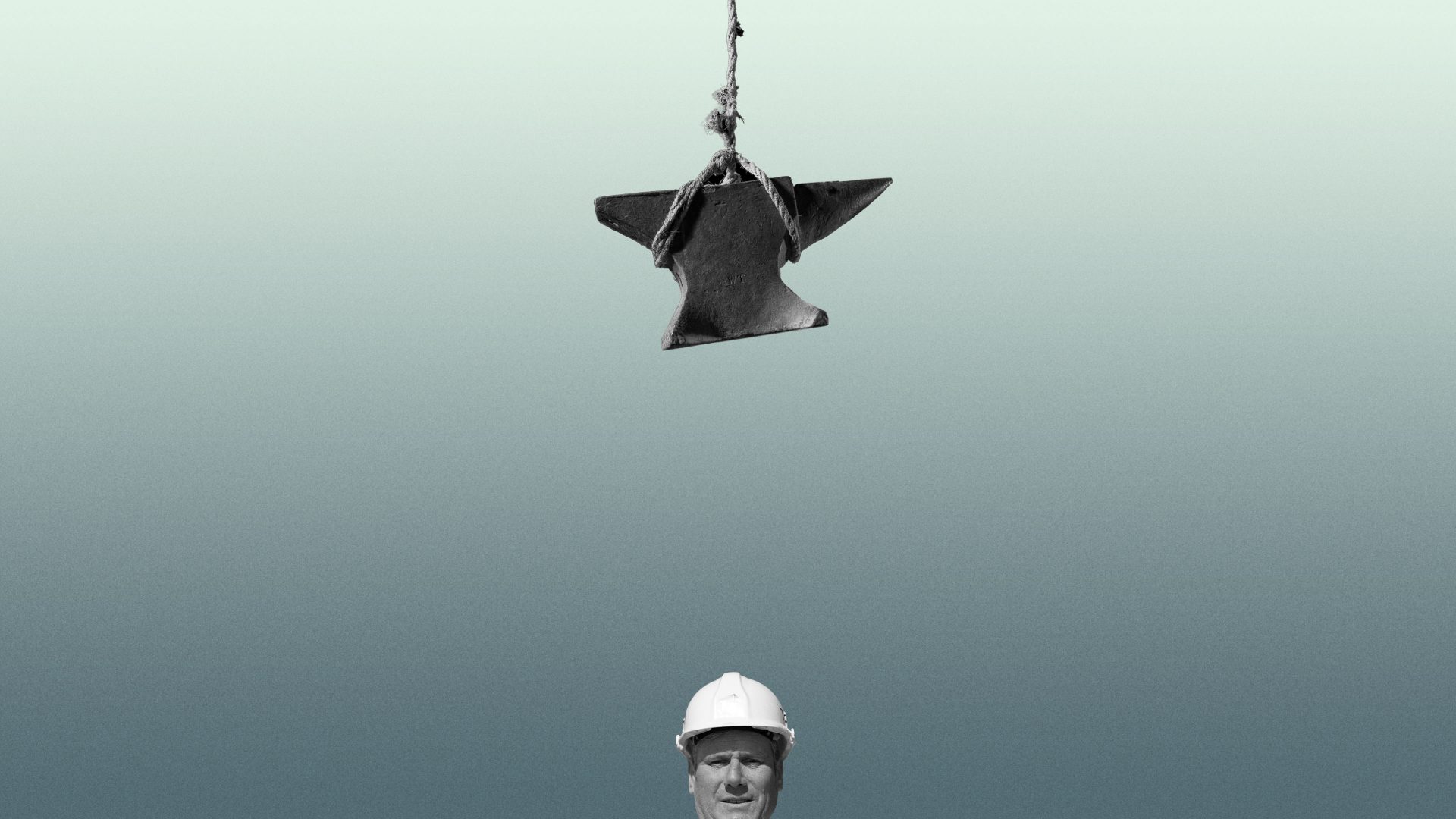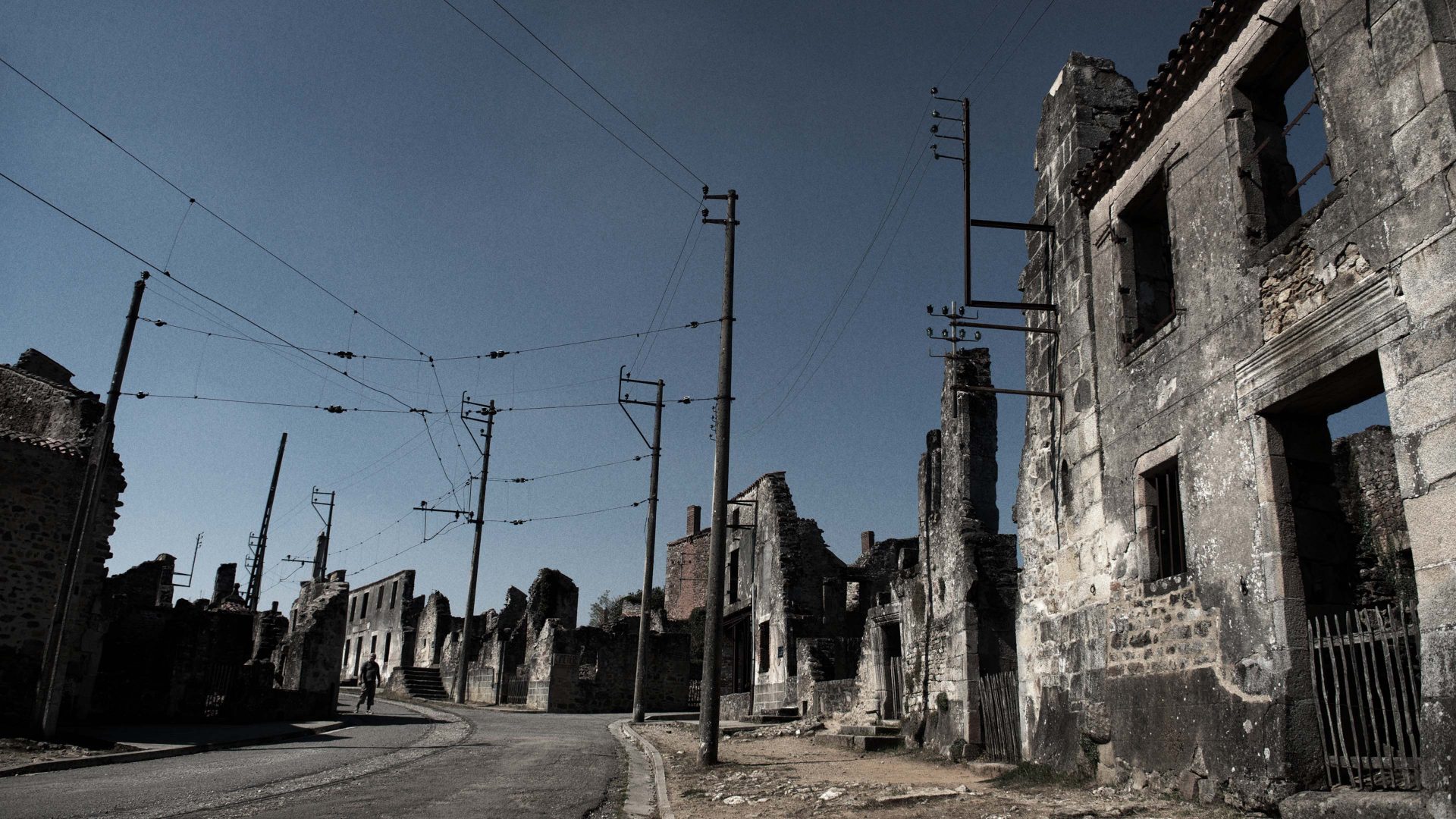Tony and Susan, from Manchester, have a small house in Italy, just outside Anzio. The town is well known as a site of fierce fighting during the second world war – just how fierce is made clear by the large Anglo-American war cemetery. Nowadays Anzio is also a picturesque seaside town, popular among expats, but the last time I met Tony and Susan, around Easter time, they were furious.
“We can only stay here for four days, in order to have a longer stay this summer. These new post-Brexit travel rules are driving us mad and killing our dolce vita. We’re second-home owners, we should be treated differently from other Brit tourists. This cottage has cost us a fortune to restyle. We thought we were going to spend our future life here,” says Tony, who used to work at a software company. I feel bad for them. It’s like having paradise at hand and not being allowed to stay.
The coastal area south of Rome, lined with popular holiday spots like Anzio and Nettuno, has always been favoured by Brits craving the year-round sun and good Italian food. Many UK families, mostly pensioners, own second homes with balconies overlooking the sea and gardens that lead down to the beach.
Brexit has shattered their Italian dream. The new tourist travel rules don’t allow Brits to stay in any European country for more than 90 days in a 180-day period. It used to be that holiday-home owners in Italy could come and go as they pleased – now they have to watch the rules.
Tony and Susan take day-trips out to other nearby places, and sometimes further afield – to Naples and Pompeii’s archaeological sites, buying groceries and fresh buffalo milk mozzarella at farmers’ markets, olives and kiwi fruit.
Now they need to apply for a five-year, long-stay permit – but Italian bureaucracy is hell. They can also try for a special renewable visa that would allow them to stay for several months, if not a whole year. They’re aware it will be very tedious and time-consuming.
Seafood restaurants along the coast are also worried. Brits were regular clients, but this year most haven’t shown up. Giovanni, who runs a no-frills tavern serving fresh fish at beach-side tables, says that Brexit is already affecting his business.
“I have several English clients who have holiday homes here and paid a fixed monthly rate to eat each evening at our place, with their feet in the soft sand,” says Giovanni. “Now they’ll come for just a few weeks per year, and this will affect my earnings. The Brits really should have considered the many different outcomes of Brexit more thoroughly.”
A few kilometres from Anzio, driving further south you get to Sperlonga, a white-washed clifftop fishing village of narrow winding alleys covered in bright red and pink bougainvilleas. Sperlonga is the gem of the so-called Ulysses coast, lined with sea grottos, healing springs and ruins of lavish villas where ancient Roman emperors held wild parties. Brits have been coming here for years.
Last week I met Sarah, a remote worker from Manchester who has a tiny farmhouse up in Sperlonga’s wild hills. She was going back to the UK after two weeks of Italian bliss and told me she felt sad and betrayed by Brexit – which she now deeply regrets having voted for.
“The truth is, nobody in the UK was fully informed how their future would change and their life would be impacted by the vote outcome. Second-home owners had little information of how the new travel rules would apply to them. We were all duped and had no clue what exactly we were signing up for.”
As Sarah looked out from her balcony, catching a last glimpse of the shimmering blue sea in the distance, her eyes filled with tears.




